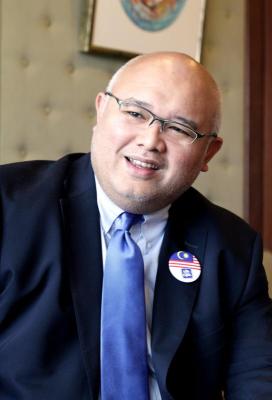By CHRISTINE CHEAH
alltherage@thestar.com.my
THEY might seem like a perfectly harmless way for you to get some juicy rumours going, but confession pages could actually get you in serious trouble.
Because according to Section 499 of the Penal Code, your “confessions” could lead to a defamation lawsuit.
“In the case where anything posted from anywhere online that breaks the law of the land, the authorities have the right to intervene and call the people involved for investigation,” said Datuk Mohamed Sharil Tarmizi, chairman of the Malaysian Communications and Multimedia Commission.
The admins behind the confession pages are in fact liable for every post that is published on the page, and the university will be held accountable as well.
Sharil explained that in the course of a crime, the university will be brought into the picture because the page is affiliated to the university.
“All parties linked will be called up for questioning and that includes the university, the page administrator and the person that made the post,” said Sharil.
In Section 114A of the Evidence Act 2010, a page administrator is deemed a publisher of a content and is as such, accountable for all posts in a Facebook page.
For the university administrators, they can actually lodge a complaint with Facebook against any confession page using the institution’s name and have it removed.
There are pros and cons to having such confession pages, according to Sharil.
“It’s like a post-it board in college, just that it has gone online and it becomes easier. If people use it for crowdsourcing and to help people out, it is good,” said Sharil.
However, there has to be a certain amount of responsibility and Sharil quoted Newton’s law that every action has an opposite and equal reaction.
Sharil emphasised the importance of using social media wisely, and to treat others as how you want to be treated.
“The Internet is a neutral place and it is up to the users to make use of the freedom given.
“It is like giving one the freedom to use a knife. If the knife is given to a surgeon, he will use it to save lives but if it is given to a criminal, it would be used otherwise.”


Tell us what you think!